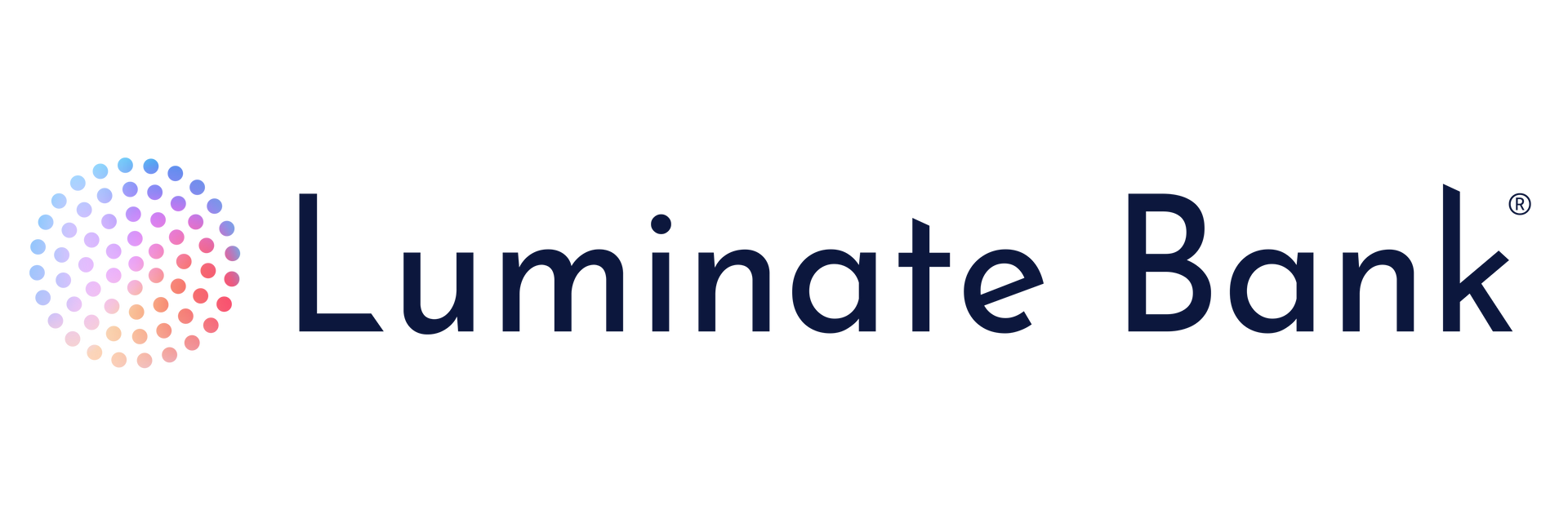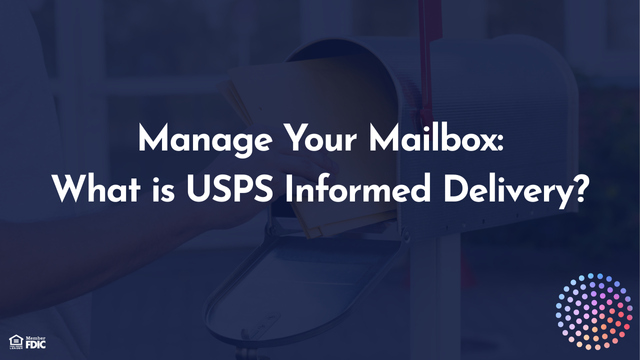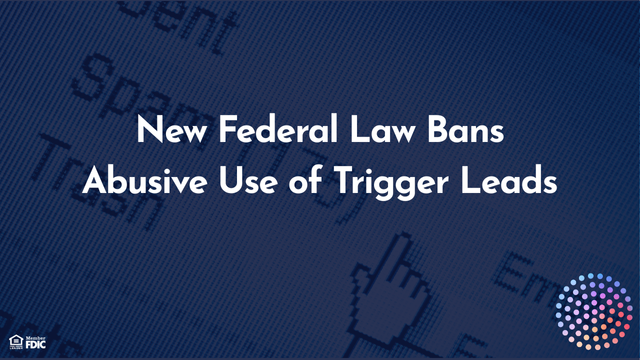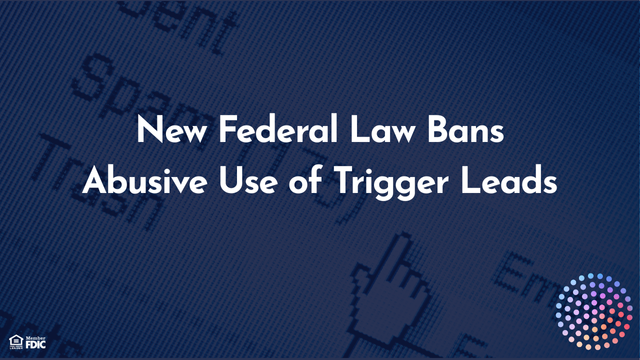Applying for a Mortgage with a Credit Freeze
marketingdept • June 17, 2025
APPLYING FOR A MORTGAGE WITH A CREDIT FREEZE

Unexpected data breaches can leave consumers’ Personally Identifiable Information (PII) exposed, putting them at risk of identity theft and fraud. With cybersecurity remaining a major concern, credit bureaus such as Equifax, TransUnion, and Experian, offer free credit freezes for consumers who believe they are at risk.
While a credit freeze is a popular way to protect against credit fraud, it’s important to understand the ways it can inhibit your mortgage application for a new home or refinance.
A credit freeze, also known as a security freeze, suspends anyone from accessing your credit information. Credit freezes prevent you, or any potential identity thieves, from opening any new loans or lines of credit in your name. A credit freeze is a great way to protect yourself against credit or identity fraud. The process of freezing your credit is as simple as contacting TransUnion, Equifax, and Experian by phone or online to request the freeze. The transaction is typically completed within one business day, and does not cost anything or affect your credit score. You may also stop receiving unsolicited mail and other offers, as credit freezes prevent bureaus from selling any of your personal data. Although credit freezes have the intention of stopping someone from opening fraudulent lines of credit with your personal information, they also prevent lenders from accessing your credit report. In other words, a credit freeze can protect you in the case of a stolen identity, but it also prevents your mortgage lender from accessing your credit report to complete your mortgage application.
Many consumers believe your lender can unfreeze a credit report on their behalf, but this is not the case. Only you can authorize a freeze or unfreeze on your credit report. You have the option to unfreeze your credit for a specified amount of time or to leave it open until you decide to freeze it again.
When applying for a mortgage, it’s important to unfreeze your credit several days prior to applying. Unfreezing your credit in advance will help you to avoid multiple credit inquiries.
It’s important to recognize that unfreezing your credit is not an instantaneous process, which is why it must be unfrozen in advance. Lenders require results from all three major credit bureaus at once, so they will have to re-run all three if one bureau still has your credit frozen.
After your credit is initially confirmed, you can put the lock back onto your credit. However, please be advised prior to closing, banks will need to recheck your credit to confirm that you have not taken on any additional debts. In order to avoid a delay in your closing, it’s important to unfreeze your credit once more, several days prior to closing.
The second credit report will be pulled one day prior to closing. This report is to ensure that your credit has remained the same during the loan application process. Unless an additional debt is shown, the second report will not affect your previous scores. If the second inquiry reveals additional debts or inquiries, you will be required to provide documentation and an explanation for each. Acquiring a new debt or credit inquiry to your report during the loan application process may result in your loan being re-underwritten, which will add additional time to the process. It’s important to avoid actions that result in new debts or inquiries, such as purchasing furniture for your new home, to ensure that the loan process proceeds as smoothly as possible.
To request a copy of your Equifax credit report, call 1-866-349-5191 any time from 8 a.m. to midnight Eastern time, seven days a week. You can also send mail to the following address:
Equifax Information Services LLC
P.O. Box 740241
Atlanta, GA 30374-0241
Or, you can go to Equifax’s webpage .
For a dispute
You can dispute information on your Equifax credit report by calling 1-866-349-5191 any time from 8 a.m. to midnight Eastern time, seven days a week. You can also mail your dispute to the address below.
Equifax Information Services LLC
P.O. Box 740256
Atlanta, GA 30374-0256
To dispute an item on your Experian credit report, the bureau refers you to its online option or you can reach out by mail at the address below.
Experian
P.O. Box 4500
Allen, TX 75013
Or, you can go to Experian's Website
You can also dispute by phone. But you’ll need to get a copy of your Experian credit report first. Then you can call the phone number listed on the report to begin a dispute by phone.
The phone number listed fort Experian was 1-855-246-9409. It’s available Monday through Friday from 9 a.m. to 5 p.m. in your time zone.
TransUnion’s contact page shares the bureau’s contact information based on what you’re trying to accomplish.
For a copy of your credit report To get your free annual credit report, TransUnion doesn’t provide any of its contact information, instead redirecting you to AnnualCreditReport.com.
For a dispute If you need to dispute an item on your TransUnion credit report, you can call 1-833-395-6941 Monday through Friday from 8 a.m. to 11 p.m. Eastern time. You can mail any relevant documents to the following address:
TransUnion Consumer Solutions
P.O. Box 2000
Chester, PA 19016-2000 For a fraud alert
For fraud alerts, contact TransUnion at 1-800-680-7289 from 8 a.m. to 11 p.m. Eastern time or send mail to the address below.
TransUnion Fraud Victim Assistance
P.O. Box 2000
Chester, PA 19016 Or, you can go to the TransUnion Website
While a credit freeze is a popular way to protect against credit fraud, it’s important to understand the ways it can inhibit your mortgage application for a new home or refinance.
What is a Credit Freeze?
A credit freeze, also known as a security freeze, suspends anyone from accessing your credit information. Credit freezes prevent you, or any potential identity thieves, from opening any new loans or lines of credit in your name. A credit freeze is a great way to protect yourself against credit or identity fraud. The process of freezing your credit is as simple as contacting TransUnion, Equifax, and Experian by phone or online to request the freeze. The transaction is typically completed within one business day, and does not cost anything or affect your credit score. You may also stop receiving unsolicited mail and other offers, as credit freezes prevent bureaus from selling any of your personal data. Although credit freezes have the intention of stopping someone from opening fraudulent lines of credit with your personal information, they also prevent lenders from accessing your credit report. In other words, a credit freeze can protect you in the case of a stolen identity, but it also prevents your mortgage lender from accessing your credit report to complete your mortgage application.
How to Unfreeze Your Credit
Many consumers believe your lender can unfreeze a credit report on their behalf, but this is not the case. Only you can authorize a freeze or unfreeze on your credit report. You have the option to unfreeze your credit for a specified amount of time or to leave it open until you decide to freeze it again.
When applying for a mortgage, it’s important to unfreeze your credit several days prior to applying. Unfreezing your credit in advance will help you to avoid multiple credit inquiries.
It’s important to recognize that unfreezing your credit is not an instantaneous process, which is why it must be unfrozen in advance. Lenders require results from all three major credit bureaus at once, so they will have to re-run all three if one bureau still has your credit frozen.
After your credit is initially confirmed, you can put the lock back onto your credit. However, please be advised prior to closing, banks will need to recheck your credit to confirm that you have not taken on any additional debts. In order to avoid a delay in your closing, it’s important to unfreeze your credit once more, several days prior to closing.
Why You Must Unfreeze Your Credit Twice
The second credit report will be pulled one day prior to closing. This report is to ensure that your credit has remained the same during the loan application process. Unless an additional debt is shown, the second report will not affect your previous scores. If the second inquiry reveals additional debts or inquiries, you will be required to provide documentation and an explanation for each. Acquiring a new debt or credit inquiry to your report during the loan application process may result in your loan being re-underwritten, which will add additional time to the process. It’s important to avoid actions that result in new debts or inquiries, such as purchasing furniture for your new home, to ensure that the loan process proceeds as smoothly as possible.
EQUIFAX
For a copy of your credit reportTo request a copy of your Equifax credit report, call 1-866-349-5191 any time from 8 a.m. to midnight Eastern time, seven days a week. You can also send mail to the following address:
Equifax Information Services LLC
P.O. Box 740241
Atlanta, GA 30374-0241
Or, you can go to Equifax’s webpage .
For a dispute
You can dispute information on your Equifax credit report by calling 1-866-349-5191 any time from 8 a.m. to midnight Eastern time, seven days a week. You can also mail your dispute to the address below.
Equifax Information Services LLC
P.O. Box 740256
Atlanta, GA 30374-0256
EXPERIAN
For a dispute or to obtain a copy of your credit reportTo dispute an item on your Experian credit report, the bureau refers you to its online option or you can reach out by mail at the address below.
Experian
P.O. Box 4500
Allen, TX 75013
Or, you can go to Experian's Website
You can also dispute by phone. But you’ll need to get a copy of your Experian credit report first. Then you can call the phone number listed on the report to begin a dispute by phone.
The phone number listed fort Experian was 1-855-246-9409. It’s available Monday through Friday from 9 a.m. to 5 p.m. in your time zone.
TRANSUNION
For a dispute or to obtain a copy of your credit reportTransUnion’s contact page shares the bureau’s contact information based on what you’re trying to accomplish.
For a copy of your credit report To get your free annual credit report, TransUnion doesn’t provide any of its contact information, instead redirecting you to AnnualCreditReport.com.
For a dispute If you need to dispute an item on your TransUnion credit report, you can call 1-833-395-6941 Monday through Friday from 8 a.m. to 11 p.m. Eastern time. You can mail any relevant documents to the following address:
TransUnion Consumer Solutions
P.O. Box 2000
Chester, PA 19016-2000 For a fraud alert
For fraud alerts, contact TransUnion at 1-800-680-7289 from 8 a.m. to 11 p.m. Eastern time or send mail to the address below.
TransUnion Fraud Victim Assistance
P.O. Box 2000
Chester, PA 19016 Or, you can go to the TransUnion Website













